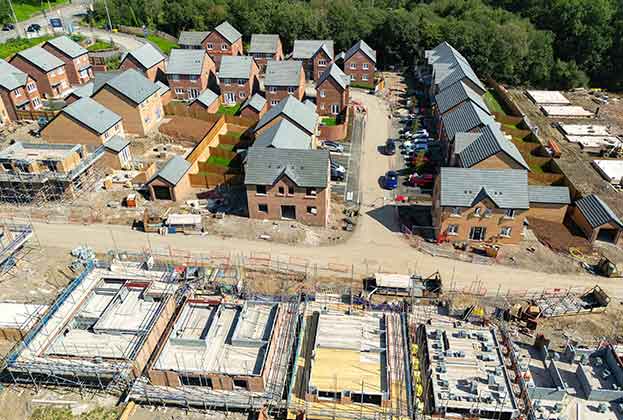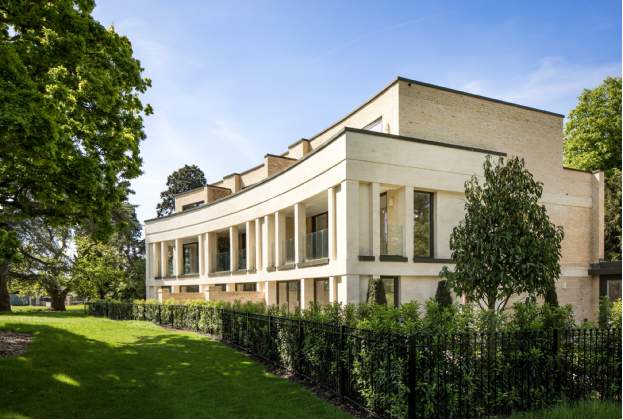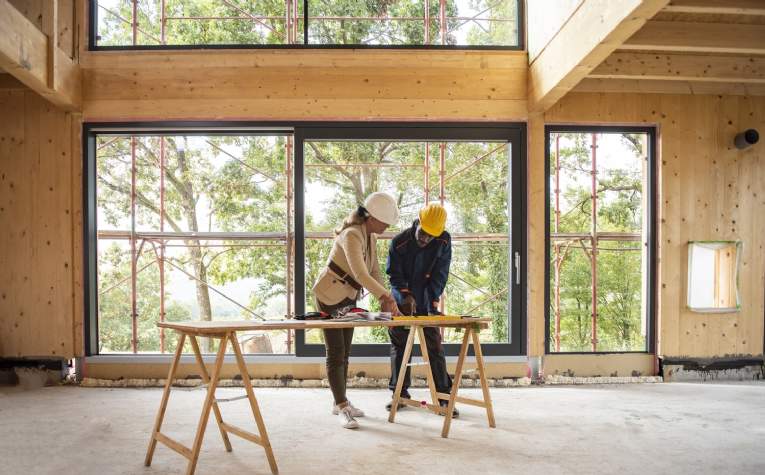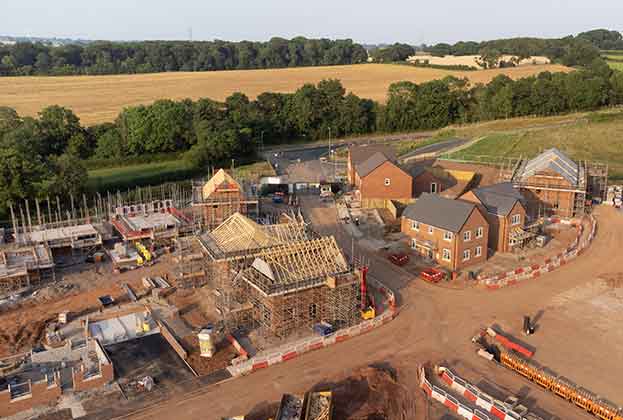Birmingham is booming: new corporate occupiers are investing in the city, in part taking advantage of the cost differential between Birmingham and London, but fundamentally because Birmingham is a very investable place – the retail, leisure and housing offer are all attractive as is the pool of talent from our Universities. Existing businesses are looking to expand and new companies are being founded – 18,000 in 2014 alone, according to recent data.
While obviously a major boon to the city, growing occupier demand will place increasing pressure on commercial space. The planned new terminus for HS2 in Birmingham’s Curzon Street could therefore help to open up several new potential development zones, encourage the growth of the city centre eastwards and provide new investment opportunities.
The City Council is already lining up the areas included in the Curzon HS2 masterplan for regeneration. If delivered, these are expected to provide 600,000 m sq of employment space and 14,000 jobs up to 2056, generating £1.3 billion in economic growth.
But there’s more: if the nearby Martineau Galleries redevelopment progresses, a route will be opened up from HS2 into the core of the city centre, Snow Hill (already popular with financial occupiers), and other areas in Eastside and Digbeth, providing accessibility issues around the new terminal are resolved.
Nonetheless, it would wrong to give HS2 all the credit for all the activity we’re likely to see in the market in the coming years: while HS2 will contribute to Birmingham’s appeal, it’s certainly not its only attraction. The fact that moving a role from central London to Birmingham can save an employer approximately £18,000 annually in combined office and salary costs is one major draw.
The potential has been noted. Deutsche Bank and HSBC have already announced they’re taking more space and we’ve seen the profile of investors in the city expand from UK funds to international investors looking to diversify away from London. German investors have been active for a while, but they’ve recently been joined by those from the USA, Middle East and Far East. The projects triggered by HS2 provide further opportunities to harness this interest and secure the private investment needed to reap all the benefits of the new line.
Birmingham needs 89,000 new homes by 2031
Employment growth will add to demand for housing. This will put pressure on the city’s already constrained housing supply and create opportunities for developers, particularly at the top end of the market. Birmingham needs an estimated 89,000 new homes in the 20 years to 2031 and not all of this can be accommodated within the city boundaries so will require cooperation with neighbouring authorities.
Increased demand, coupled with an improved local economy and the gradual influx of wealth, both in the shape of London commuters’ salaries and a greater number of higher salaried roles, is expected to drive up house prices over time, particularly at the top end of the market.
Connectivity will also greatly improve the prospects for successful mixed-use regeneration and allow for development at higher densities.
(1).jpg)
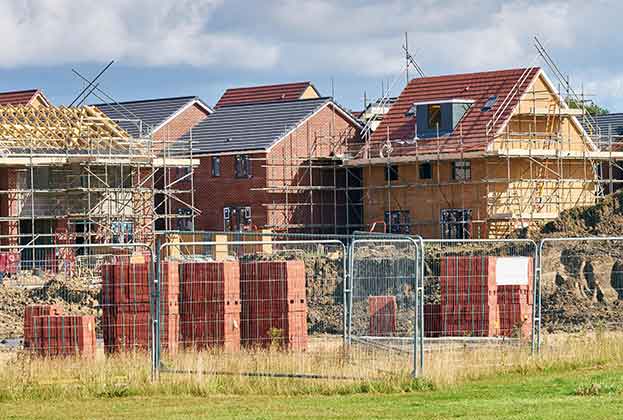
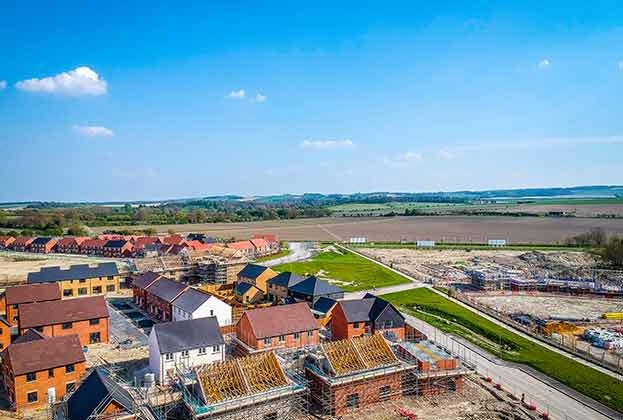
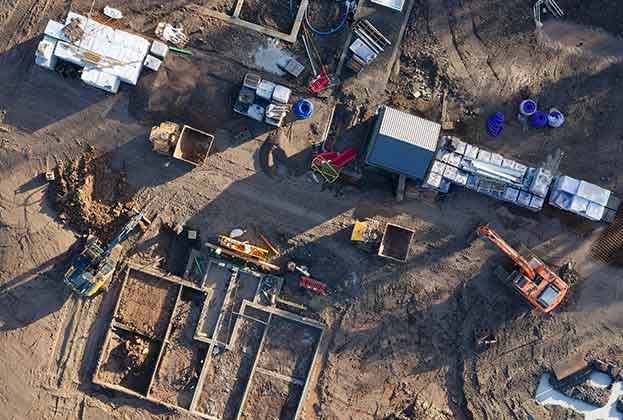
.jpg)
